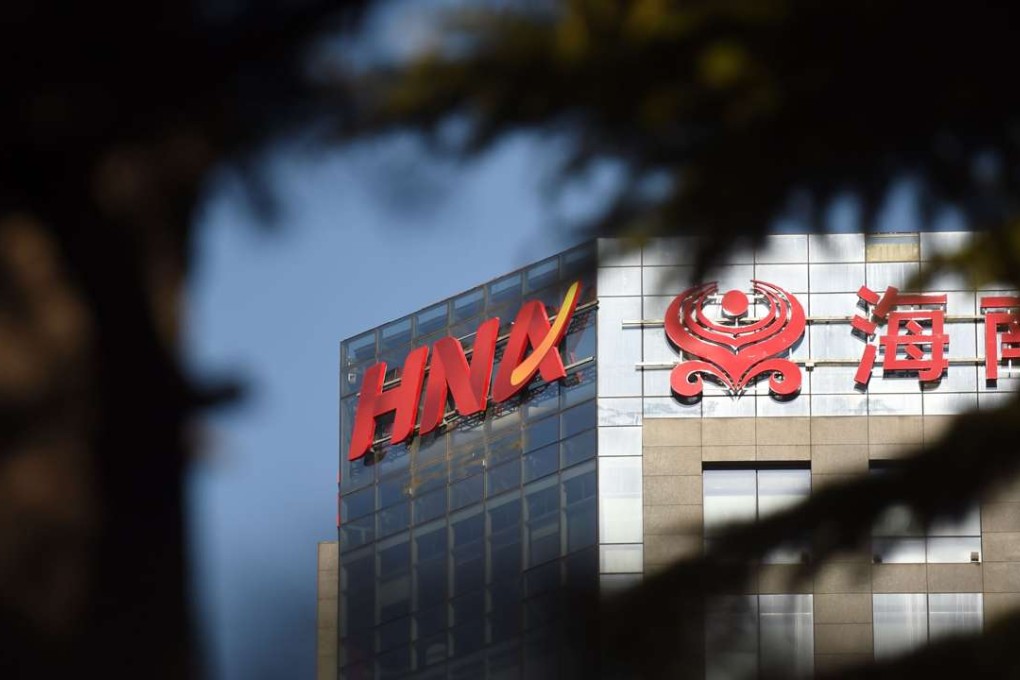Chinese firms that ‘went global’ at Beijing’s request now hit hard by capital controls

Bob Li, owner of an export-oriented leather bag maker in Jiaxing, Zhejiang province, feels that his “outbound” strategy has become a bitter pill to swallow after China’s crackdown on cash outflows dealt a heavy blow to the company’s overseas business plans.
Li’s business, Jiaxing Boya Leather Bag, was among the thousands of mainland firms that followed Beijing’s exhortations in the past few years to “go global” – but now they are getting hard hit by the central government’s exchange controls.
The dismal state of the domestic mainland economy and rising business costs prompted Li to make a bold decision in 2014 to relocate his production line to Southeast Asia where land and labour costs are lower.
“I still have clients in Europe. I believed a Vietnam-based plant could be profitable based on the existing orders from these European clients,” he said. “More importantly, this outbound move was in line with the Chinese government’s direction to go global.”
However, his expansion plans have been hit by the recent capital controls implemented by Beijing. When Li tried to secure an overseas loan with domestic guarantee to fund the newly established subsidiary in Vietnam, the bank rejected his application citing tightened exchange controls by the country’s foreign-exchange regulator.
“It’s the problem of the capital crunch,” he said. “I shouldn’t have made the outbound plan.”